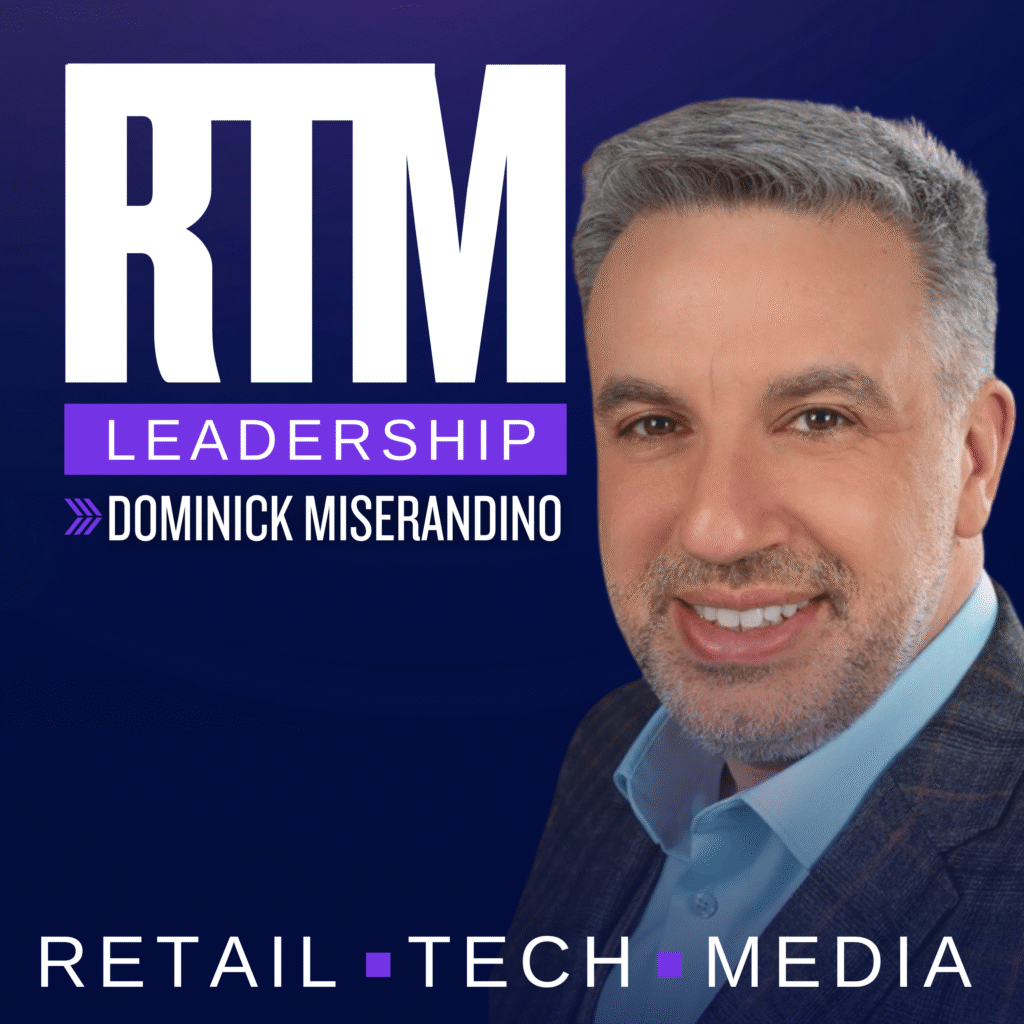Leadership Lessons from Mina Haque, CEO of Tony Roma’s
When Mohaimina “Mina” Haque joined Tony Roma’s, it was not through the traditional food and beverage path. A Washington, D.C. attorney with experience in corporate law and the Department of Justice’s antitrust division, she first engaged the brand as outside counsel on due diligence. That assignment led to trust from the board, then to the CEO role, and today she oversees operations across five continents.
The conversation with Dominick Miserandino surfaced a practical playbook on transferable skills, empathy at scale, and the discipline of listening as a leadership tool.
Watch the full interview below
From Attorney to Operator: The Power of Transferable Skills
Haque did not arrive with decades of restaurant experience. She arrived with a rigorous way of thinking, an investigative mindset, and corporate governance training.
“Sometimes it is not about knowing all the right answers. It is about asking the right questions.”
Her legal background gave her a risk-mitigation lens and a principled guide for how companies should run. That perspective proved just as valuable as category expertise.
On the Ground Matters: Why Site Visits Beat Slides
Technology enables speed, but Haque insists that visiting franchise partners in person reveals what emails cannot.
“What I learn on site cannot be compared to what I gain through virtual interaction.”
Those visits improve trust and accelerate real problem solving, especially across markets with different norms and constraints.
Choosing the Hard Thing: Own the Past, Build the Future
Stepping into a 50-plus-year brand meant inheriting legacy decisions and contracts. Haque resists the easy out of blaming history.
“The easy thing is to say ‘that predates my time.’ The hard thing is to ask ‘what can we do now to improve.’ I always choose the hard thing.”
That stance reframes legacy baggage as an innovation brief rather than a defense.
Leading Through Vulnerability
Listen First, Then Lead
Haque treats listening as data collection. She gives team members and partners space to say what they think, even when she disagrees.
“If you do not let your team talk, they may have a good idea they will never share.”
She will hear them out, then explain why she “begs to differ,” using the context she gathered to guide the conversation forward.
Hands-On Culture Building and an AI Push
With a lean corporate team, Haque favors a startup approach to culture. She models the behaviors she wants, including experimentation with AI and robotics across front and back of house. For team members new to tools like ChatGPT or Claude, she runs live screen-share sessions to demonstrate use cases in real time. Show, do, then scale.
Radical Transparency and Shared Ownership
Haque treats the CEO role as a liaison between employees and board. She brings teams into decision making, shares board-level context, and then carries employee insights back up the chain. That transparency builds ownership and motivation across a distributed system.
Leading Across Five Continents: Empathy as the Operating System
Operating in multiple countries requires cultural fluency and humility. Haque centers empathy to keep the brand consistent while adapting locally.
“With every interaction, you put yourself in their shoes. Stay strong to your principles, but adapt to their perspective.”
Personal Growth: Patience, Perspective, and the Bigger Picture
The role reshaped Haque’s own habits. She has become less reactive and more patient, using delays and friction as productive time rather than fuel for frustration. A global remit makes that mindset essential.
Parenting Lessons for the C-Suite
Haque draws a clean line from parenting to leadership: create space for autonomy, keep communication open, and make it safe to share the hard things. The same conditions that help a teenager grow help teams innovate.
Key Takeaways for Leaders in Any Industry
- Skills transfer when thinking transfers. Investigative rigor and governance discipline can beat narrow industry tenure.
- Go see for yourself. In-person visits expose truths that dashboards miss.
- Own the legacy. Treat the past as a platform for improvement, not a shield.
- Listen like a lawyer. Gather full context before you decide. That is how you unlock ideas and reduce resistance.
- Model the future. Teach and demo new tools to lower the barrier to adoption.
- Be the bridge. Radical transparency between board and team builds shared ownership.
- Lead with empathy. Cultural nuance is not a risk to manage. It is an advantage to harness.
- Practice the role. Leadership is a practice, not a title. Patience and perspective compound.

Subscribe to the Podcast
Join Dominick Miserandino as he dives into the world of retail, tech, and media, bringing you raw and honest conversations with the leaders who are reshaping industries.
Discover the stories behind the brands, the bold decisions, and the innovative strategies that drive success.
